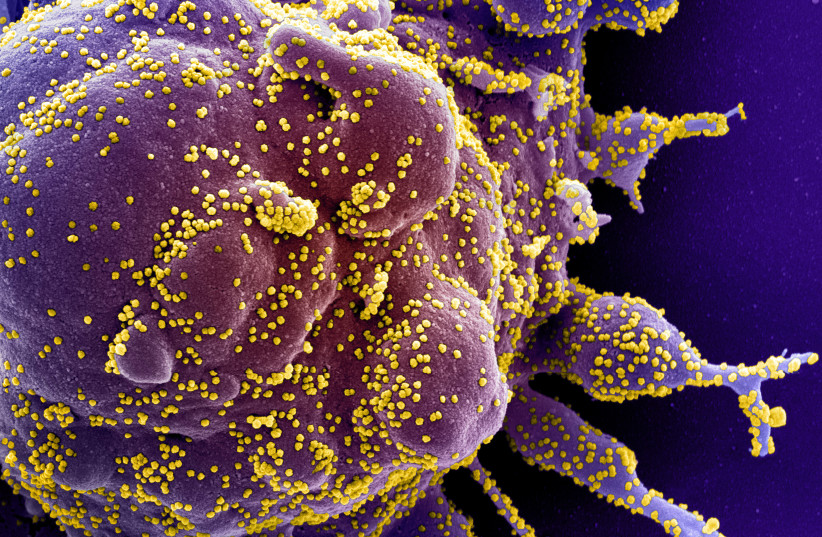
A new coronavirus variant has been discovered in southern France, spreading in a small outbreak, according to a new study.The variant, tentatively identified B.1.640.2 according to a recent study backed by the French government that has yet to be peer-reviewed, is believed to be Cameroonian in origin and have so far spread to 67 patients in southern France.
Viral genomic analysis revealed 42 mutations and 37 deletions resulting in 30 amino acid substitutions and 12 deletions. Fourteen amino acid substitutions, including N501Y and E484K, and 9 deletions are located in the
spike protein.
This genotype pattern led to create a new Pangolin lineage named B.1.640.2, which is a phylogenetic sister group to the old B.1.640 lineage renamed B.1.640.1. Both lineages differ by 25 nucleotide substitutions and 33 deletions.
Scientists say the lineage is genetically different to B.1.640, which is thought to have emerged in the Democratic Republic of Congo in September.
Tests show the strain carries the E484K mutation that is thought to make it more resistant to vaccines and the N501Y mutation — first seen on the Alpha variant — that experts believe can make it more transmissible.
The mutation set and phylogenetic position of the genomes obtained here indicate based on our previous definition a new variant we named “IHU”.
These data are another example of the unpredictability of the emergence of SARS-CoV-2 variants, and of their introduction in a given geographical area from abroad.
It does not appear that there is any scientifically proven reason to be concerned about the variant yet.
There is no evidence at present that it is outcompeting the Omicron variant but it was only detected on December 10.
The paper has been published by IHU Méditerranée Infection of Marseille on medRxiv and thus was not certified by peer reviewers.

Leave a Reply